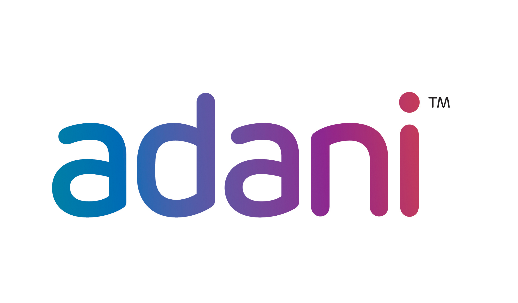
Adani has entered the airport sector bagging operating rights of five airports that were put up for privatisation by the government late last year.
The financial bids for five airports were opened Monday and the Adani group received the winning bid for Ahmedabad, Lucknow, Jaipur, Thiruvananthapuram and Mangalore airports. Even the bidding process for Guwahati was conducted, but the bid could not be opened as the Guwahati High Court granted a stay against the privatisation process.
The government had also called for bids from private players to operate these airports for 50 years on a public-private partnership (PPP) basis. The Airports Authority of India (AAI) adopted the per-passenger fee model this time, which is a modification of the revenue-sharing model that was used earlier in the privatisation of airports such as Delhi, Mumbai, Bangalore and Hyderabad.
There were 26 bids from a total of nine companies for these five profitable airports, that handled a total of around 3 crore passengers last year. Adani Enterprises bid was seemingly higher than the next set of bids in the tendering process for these five airports, which included: GMR Airports; National Investment and Infrastructure Fund (NIIF) and Zurich Airport International; PNC Infratech; Autostrade Indian Infrastructure Development Pvt Ltd; AMP Capital; I-Investment Ltd; Kerala State Industrial Development Corporation Ltd (KSIDC); and Cochin International Airport.
The five airports would be given to Adani group after completion of formalities. Shares of Adani Enterprises rose 3.7 per cent intra-day following the news, before closing with a gain of 2.3 per cent on Monday
The airports sector in India was predominantly dominated by two private sector players and experts see the entry of the Adanis as a positive for fostering competition among the operators. Under the per-passenger fee model, the airport operator needs to pay fixed charges per passenger on a monthly basis to AAI. For example, if 1 lakh passengers use a particular airport in a year, the operator pays the charge multiplied by the number of passengers for the entire year to AAI. Charges are paid very month.
This provides an added benefit for the airport operator to grow revenue as there is no sharing while AAI benefits from the growth in passengers. However, analysts noted that Adani Enterprises has bid aggressively and will need higher growth to support profitability.
Adani Enterprises outbid GMR Airports by almost twice the price quoted by the latter for two of the airports.
For example, while GMR’s bid for Ahmedabad and Jaipur was Rs 85 and Rs 69 per passenger respectively, Adani’s quote was Rs 177 and Rs 174 respectively for these two airports.
Bids from NIIF and Zurich Airport for Ahmedabad (at Rs 146 per passenger) and for Jaipur (at Rs 155) came closest to the bid submitted by Adani. In the case of Lucknow, AMP Capital’s bid of Rs 139 fell short of Adani’s fee offer of Rs 171 per passenger.
Speaking of Thiruvananthpuram, Adani’s bid of Rs 168 was higher than KSIDC’s quote of Rs 135 per passenger.
AAI had sought bids for operation and management and development of six AAI airports under public private partnership. The bidding process started after the government had, in November 2018, cleared a proposal for managing six AAI-run airports on a PPP basis.



